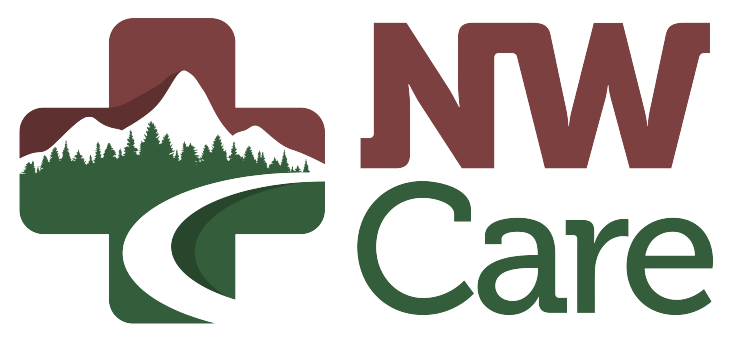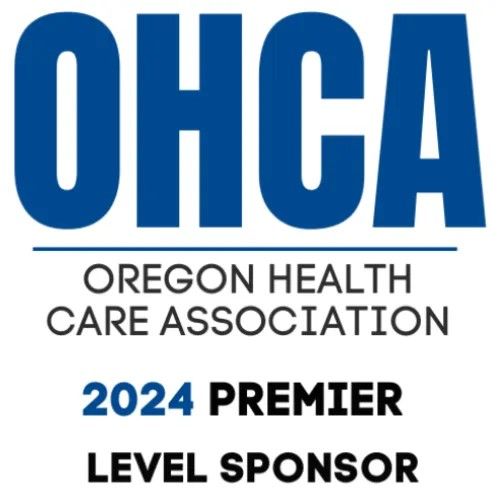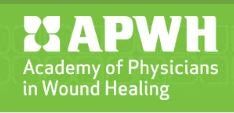
Optometry
Vision is such an important part of our lives that we can easily take for granted. It enables us to take in and enjoy the world around us. Take care of your vision with NWCare's excellent optometry services.
Frequently Asked Questions
- What education do your Optometrists have?
Our state-licensed Optometrists have had completed a rigorous 4-year Doctor of Optometry degree with extensive training in the eyes and the visual system.
- What does the doctorate curriculum include?
The doctorate curriculum includes vision sciences, sensory processing, vision therapy, contact lenses, geometrical and physical optics, behavioral vision, vision and learning, visual function, sensory and sensorimotor function, vision rehabilitation, and ocular disease.
- What is tested for during an eye exam?
We test for visual acuity, muscle function, perception, focus, coordination, and diagnose sight problems.
- What surgeries do your Optometrists perform?
Procedures include removing foreign bodies from the eye, eyelash epilation, trichiasis ablation, scraping and debridement of corneal epithelium, dilation and irrigation of the puncta, chalazion injection, chalazion I&D, eyelid cyst or conjunctival cyst lancing, benign lesion removal and biopsy without suture placement.
- What equipment do you use?
Our Optometrists utilize advanced optometry equipment such as the Humphrey Visual Field Analyzer, Corneal Topography Photographs, and Digital Retinal Cameras to examine our patients' eyes.
- Do your Optometrists write prescriptions?
NWCare optometrists regularly employ prescriptions for utilization of lenses, prisms, filters, occlusion or other devices, ocular exercises, visual therapy, orthoptic therapy, visual rehabilitation and low vision rehabilitation for the correction, relief, or aid of the visual functions and for the improvement in activities of daily living. Our optometrists prescribe medications from the adopted board of optometry formulary lists, as medically necessary.
- Can you tell me more about your rehabilitation therapy?
NWCare Optometrists provide visual rehabilitation and low-vision rehabilitation therapy, which includes neuro-visual processing rehabilitation services. This treatment includes therapeutic procedures to develop strength and endurance, range of motion, and flexibility.
- What are the benefits of rehabilitation therapy?
It helps with neuromuscular reeducation of movement, balance coordination, kinesthetic sense, posture, or proprioception for sitting and standing activities. It can help with the development of cognitive skills to improve attention, memory, and problem solving and promote adaptive responses to environmental demands. Additionally, we can combine sensory integrative techniques to enhance sensory processing and promote adaptive responses to environmental demands.




